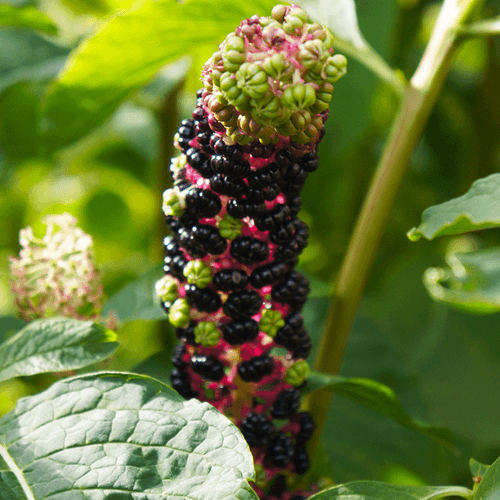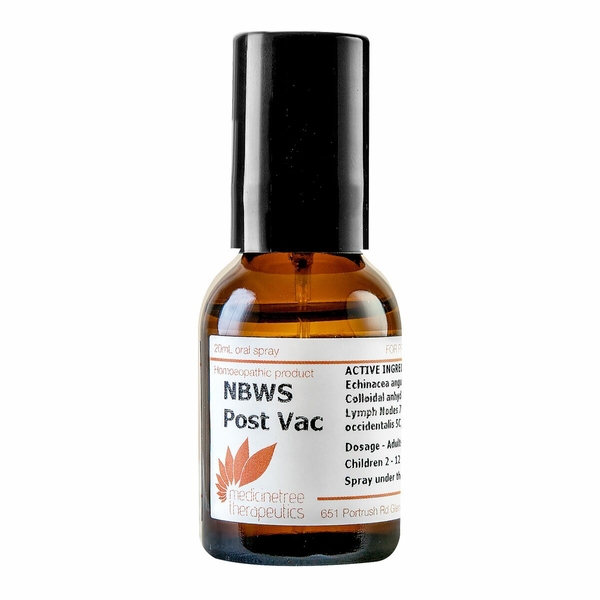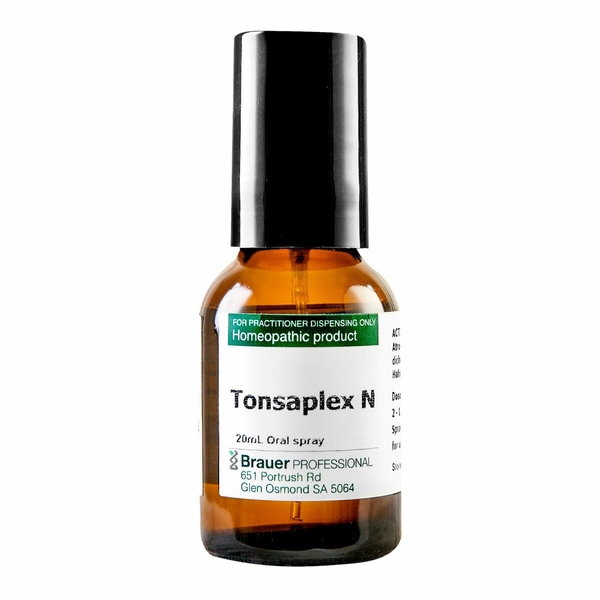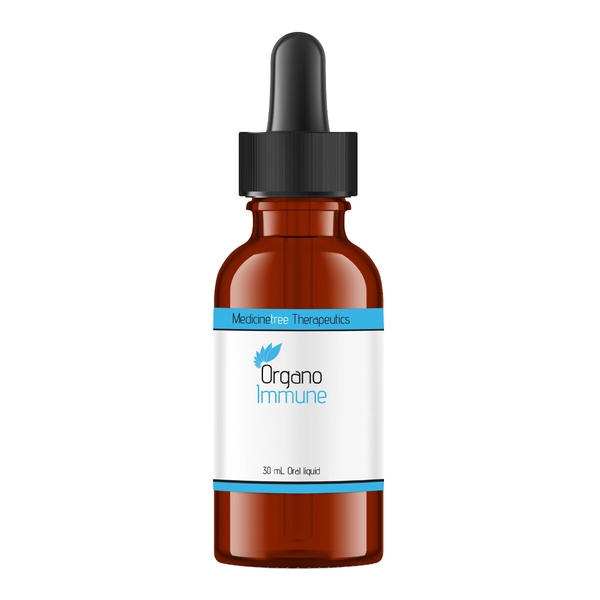
Pokeweed
Scientific names: Phytolacca americana, Phytolacca decandra
Family: Phytolaccaceae
Alternate names: American Nightshade, American Spinach, Baie de Phytolaque d'Amérique, Bear's Grape, Branching Phytolacca, Cancer Jalap, Chongras, Coakum, Coakum-Chorngras, Cokan, Crowberry, Épinard de Cayenne, Épinard des Indes, Faux Vin, Fitolaca, Garget, Herbe à la Laque, Hierba Carmín, Inkberry, Jalap, Kermesbeere, Laque, Phytolacca Berry, Phytolaque Américaine, Phytolaque d'Amérique, Phytolaque à Baies, Phytolaque Commun, Pigeonberry, Pocan, Poke, Pokeberry, Raisin d'Amérique, Red Plant, Red Weed, Red-Ink Plant, Scoke, Skoke, Teinturier, Teinturière, Vigne de Judée, Virginian Poke
Actions: Antifungal properties, Anti-tumor properties, Antiviral properties, Cardiac properties, Cellular adhesion, Cytotoxic properties, Fertility properties, Fertility properties (sperm motility), Immunological properties, Lectin-like activity, Mitogenic activity, Molluscicidal activity
Background
Pokeweed is a plant. The berry, root, and leaves are used as medicine.
Despite serious safety concerns, people use pokeweed for achy muscles and joints (rheumatism), swelling of the nose, throat, and chest, swollen and tender breasts (mastitis), skin infections, and many other conditions, but there is no good scientific evidence to support these uses.
In foods, pokeweed berry is used as red food coloring and as a wine coloring agent.
In manufacturing, pokeweed berry is used to make ink and dye.
Despite serious safety concerns, people use pokeweed for achy muscles and joints (rheumatism), swelling of the nose, throat, and chest, swollen and tender breasts (mastitis), skin infections, and many other conditions, but there is no good scientific evidence to support these uses.
In foods, pokeweed berry is used as red food coloring and as a wine coloring agent.
In manufacturing, pokeweed berry is used to make ink and dye.
Safety Safety definitions
When taken by mouth: Pokeweed is LIKELY UNSAFE. All parts of the pokeweed plant, especially the root, are poisonous. Severe poisoning has been reported from drinking tea brewed from pokeweed root and pokeweed leaves. Poisoning also has resulted from drinking pokeberry wine and eating pokeberry pancakes. Eating just 10 berries can be toxic to an adult. Green berries seem to be more poisonous than mature, red berries.
Pokeweed can cause nausea, vomiting, cramping, stomach pain, diarrhea, low blood pressure, difficulty controlling urination (incontinence), thirst, and other serious side effects.
When applied to the skin: Pokeweed is LIKELY UNSAFE. Don't touch pokeweed with your bare hands. Chemicals in the plant can pass through the skin and affect the blood. If you must handle pokeweed, use protective gloves.
Pregnancy and breast-feeding: Pokeweed is LIKELY UNSAFE to take by mouth or apply to the skin. Pokeweed berry might cause the uterus to contract and cause a miscarriage. Breast-feeding women should also avoid pokeweed.
Children: Pokeweed is UNSAFE for children. Even one berry can be poisonous to a child.
Pokeweed can cause nausea, vomiting, cramping, stomach pain, diarrhea, low blood pressure, difficulty controlling urination (incontinence), thirst, and other serious side effects.
When applied to the skin: Pokeweed is LIKELY UNSAFE. Don't touch pokeweed with your bare hands. Chemicals in the plant can pass through the skin and affect the blood. If you must handle pokeweed, use protective gloves.
Special Precautions & Warnings:
It's LIKELY UNSAFE for anyone to use pokeweed. But pokeweed is especially dangerous for people with the following conditions:Pregnancy and breast-feeding: Pokeweed is LIKELY UNSAFE to take by mouth or apply to the skin. Pokeweed berry might cause the uterus to contract and cause a miscarriage. Breast-feeding women should also avoid pokeweed.
Children: Pokeweed is UNSAFE for children. Even one berry can be poisonous to a child.
Effectiveness
NatMed Pro rates effectiveness based on scientific evidence according to the following scale: Effective, Likely Effective, Possibly Effective, Possibly Ineffective, Likely Ineffective, Ineffective, and Insufficient Evidence to Rate.
Insufficient evidence Effectiveness definitions
- Joint pain (rheumatism).
- Arthritis.
- Tonsillitis.
- Hoarseness (laryngitis).
- Mumps.
- Swelling of the lymph glands.
- Scabies.
- Acne.
- Skin and other cancers.
- Painful menstruation.
- Skin infections.
- Bruises and swelling.
- Other conditions.
Dosing & administration
The appropriate dose of pokeweed depends on several factors such as the user's age, health, and several other conditions. At this time there is not enough scientific information to determine an appropriate range of doses for pokeweed. Keep in mind that natural products are not always necessarily safe and dosages can be important. Be sure to follow relevant directions on product labels and consult your pharmacist or physician or other healthcare professional before using.
Interactions with pharmaceuticals
It is not known if Pokeweed interacts with any medicines. Before taking Pokeweed, talk with your healthcare professional if you take any medications.
Interactions with herbs & supplements
There are no known interactions with herbs and supplements.
Interactions with foods
There are no known interactions with foods.
Action
There isn't enough information available to know how pokeweed works.
Products
View all productsPer 0.52 mL:
- Phytolacca americana (Pokeweed)
- Echinacea angustifolia
- Colloidal anhydrous silica
- Porcine thymus gland
- Porcine lymph nodes
- Porcine blood
- Porcine lymphatic vessels
- Thuja occidentalis
- Acidum ascorbicum
Practitioner product
Per 0.52 mL:
- Phytolacca americana (Pokeweed)
- Atropa belladonna
- Ferrous phosphate (Iron)
- Potassium dichromate
- Bushmaster snake
- Mercurius solubilis Hahnemanni
- Bee
Practitioner product
Per serve:
- Phytolacca decandra
- Cistus canadensis
- Porcine lymph nodes
- Porcine spleen
- Porcine lymphatic vessels
- Vitex agnus-castus
- Phosphoric acid
- Porcine thymus gland
- Porcine blood
- Porcine bone marrow
- Porcine tonsils
Practitioner product
vital.ly has licensed monographs from TRC Healthcare.
This monograph was last reviewed on 23/10/2022 06:38:46 and last updated on 12/08/2014 17:11:09. Monographs are reviewed and/or updated multiple times per month and at least once per year.
Natural Medicines disclaims any responsibility related to medical consequences of using any medical product. Effort is made to ensure that the information contained in this monograph is accurate at the time it was published. Consumers and medical professionals who consult this monograph are cautioned that any medical or product related decision is the sole responsibility of the consumer and/or the health care professional. A legal License Agreement sets limitations on downloading, storing, or printing content from this Database. No reproduction of this monograph or any content from this Database is permitted without written permission from the publisher. It is unlawful to download, store, or distribute content from this site.







